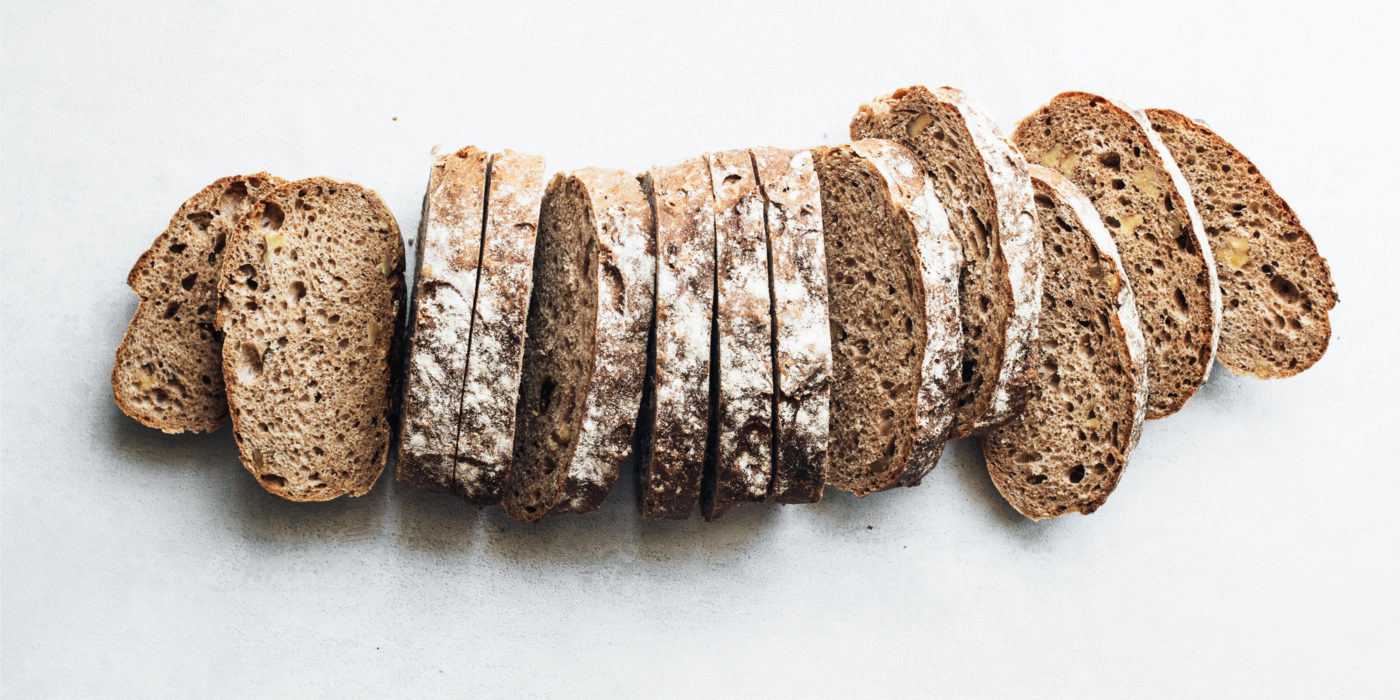Alice Waters has been a vocal advocate for local and organic food for almost half a century. Her restaurant, Chez Panisse, is an iconic site of the movement for food justice. The popular dining spot changes its menu every day to reflect what is in season, and sources all ingredients from local farmers. Alice also founded the non-profit, the Edible Schoolyard Project, which aims to provide school children across the United States with healthy lunches and nutritional curriculum. In 2008 Alice won the Harvard Medical School’s Global Environmental Citizen Award, which she shared with Kofi Annan. Seven years later she was awarded the National Humanities Medal by President Obama, which she says “prov[es] that eating is a political act.” We asked her about the power of food as a connector and agent of change.
Parvati Magazine: In your memoir “Coming to my Senses”, you talk about your experience of opening a restaurant in Berkeley during the counterculture revolution. What was that time in your life like?
Alice Waters: When I opened Chez Panisse in 1971, I had been deeply involved in the counterculture and was disillusioned by the corruption and darkness of American politics. Feeding delicious food to the people around me felt like the only hopeful thing I could do. I didn’t see myself as a food activist at the time; I thought food was the way to bring people together around the table to discuss the issues of our time. I didn’t understand that food itself is profoundly linked to politics—and that the choices we make surrounding food can have real power.
Parvati Magazine: You founded the Edible Schoolyard Project, which advocates for a free school lunch for all children. How did this come about?
Alice Waters: The Edible Schoolyard Project began in 1995 at Martin Luther King, Jr. Middle School in Berkeley. I passed this school every day on my way to work, and I started to become conscious of how broken down our public schools were. The school’s principal asked if I would help create a garden on campus. Since then we have established a global network of 6000 similar kitchen and garden programs. The students are learning by doing, falling in love with their lessons—and at the same time, they’re falling in love with Nature and absorbing the essential values of stewardship, nourishment, and community. Everything we create is documented and shared for free at edibleschoolyard.org.
Parvati Magazine: You have been Vice President of Slow Food International for many years. What drew you to this movement?
Alice Waters: Food connects us to the rest of the world, to Nature, and to beauty. Slow Food is a way to counteract the values of fast food—those values that tell us that more is always better; that our resources are limitless; that everything should be available to us all year round; that food should always be “fast, cheap, and easy.” Food cannot be separated from tradition, from the land, from farm workers’ rights, from our health, and from the threats to biodiversity.
Parvati Magazine: What new trends in the culinary world have caught your attention?
Alice Waters: I think of food seasonally and regionally. The food industry loves to impose their own self-created trends on us, whether that’s an Impossible Whopper or avocado toast. I always want to know how food is grown and where it’s coming from, not just what’s the latest trending ingredient. The most important thing we still haven’t learned yet is where our food comes from, and how nourishing it can be if it’s grown regeneratively.
Parvati Magazine: What is next for you?
Alice Waters: I really hope we can realize the vision of the Edible Schoolyard Project. We want to make a model in the state of California for edible education and at the same time address climate change, which is the biggest issue of our time. I also want to start an intergenerational commune! One that gives people the opportunity to do meaningful work. I think it’s crucially important that we continue to have meaningful lives when we’re older: for economic reasons, for health reasons, for spiritual reasons. We need to learn how to live together.
Alice Waters is a chef, food activist, author of fifteen cookbooks, and the founder and owner of Chez Panisse Restaurant in Berkeley, California. Alice was awarded the National Humanities Medal by US President Barack Obama in 2015, proving that eating is a political act and a powerful means toward social justice.












